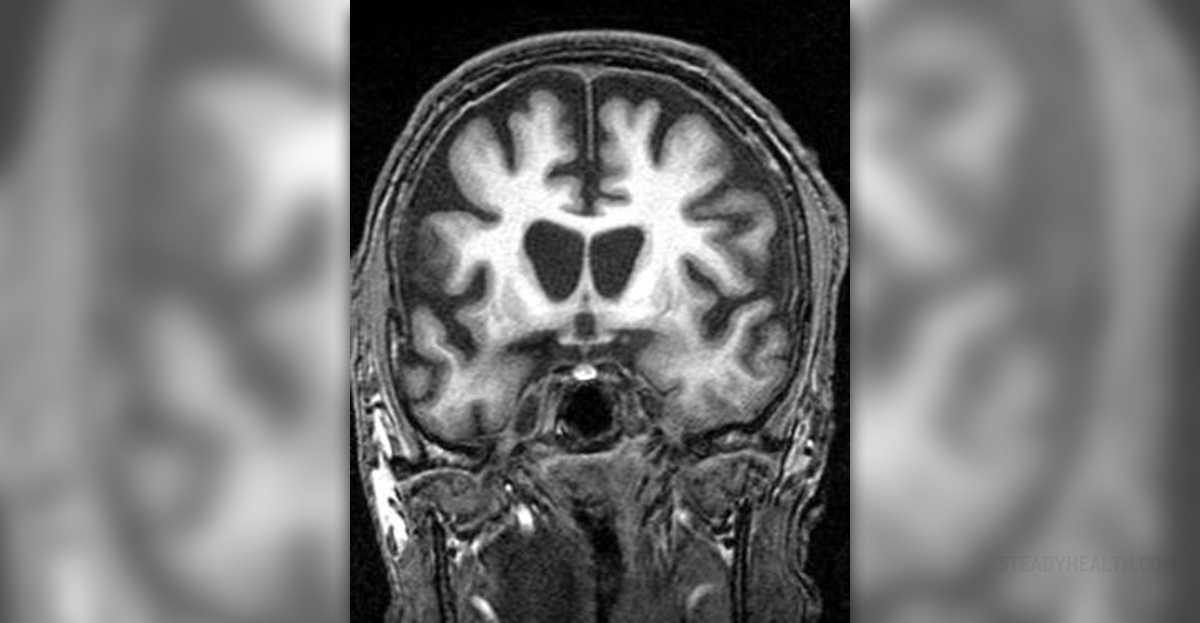
About Huntington's Disease
Huntington's disease is a neurodegenerative genetic disease that eventually leads to atrophy of the parts of the brain and deterioration of brain cells. Progression of the disease is characterized by uncontrolled movements, emotional disturbances as well as severe mental deterioration. This is an inherited disorder and it predominantly starts in middle-aged adults. If it starts earlier the symptoms and signs are more intensive and progress rapidly. Huntington's disease occurs due to a single abnormal gene and is classified as an autosomal dominant disease.
There are no typical clinical characteristics of the disorder and symptoms significantly vary among patients. Lethal outcome basically occurs 10-30 years after the onset of the disease. Early symptoms and signs of Huntington's disease are personality changes, decreased cognitive abilities, mild problems with balance and involuntary facial movements. Progression of the disease is associated with sudden jerk, involuntary movements (chorea), serious problems with balance and coordination, slurred speech, swallowing difficulties and dementia. Huntington's disease in younger patients may resemble Parkinson's disease and is characterized by muscle rigidity, tremors, slow movements and seizures.
Therapy for Huntington's Disease
Unfortunately, there is no cure for Huntington's disease. Even current treatments cannot prevent inevitable physical and mental disability or lethal outcome. However, they can partially bring the symptoms and signs of the disorder under control.
There are many medications prescribed to patients suffering from Huntington's disease. Tetrabenazine is approved by FDA and is effective against jerky, involuntary movements. The effects are achieved by increasing the amount of dopamine in the brain. Further control of involuntary movements is achieved with tranquilizers such as clonazepam and antipsychotic drugs (haloperidol, clozapine etc.). Depression and obsessive-compulsive rituals are treated with fluoxetine, sertraline and nortriptyline. Lithium can be effective in patient suffering from mood swings.
Apart from medicamentous therapy, patients suffering from Huntington's disease can additionally benefit from speech therapy. Namely, disease is associated with speech impairment and ability to express thoughts and with speech therapy such patients may improve their speech or prevent further speech deterioration. Physical and occupational therapy is also beneficial for such patients. Physical therapy strengthens muscles and maintains their flexibility while occupational therapy assists with making the home a safer place. Occupational therapy also provides with specific strategies of how to deal with memory and concentration problems.
And finally, many scientists are currently engaged in researching, creating and testing new treatments that may eventually become available for patients suffering from Huntington's disease. For example, some of the researches include a combination of drugs used for cancer and HIV. Stem cells are also taken into consideration. There are drugs currently tested and once they become approved they may be able to obtain better control over the illness.


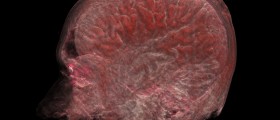

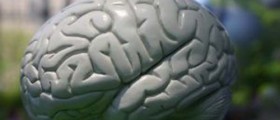










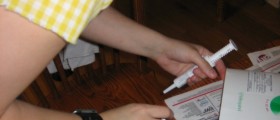
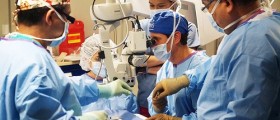
Your thoughts on this
Loading...